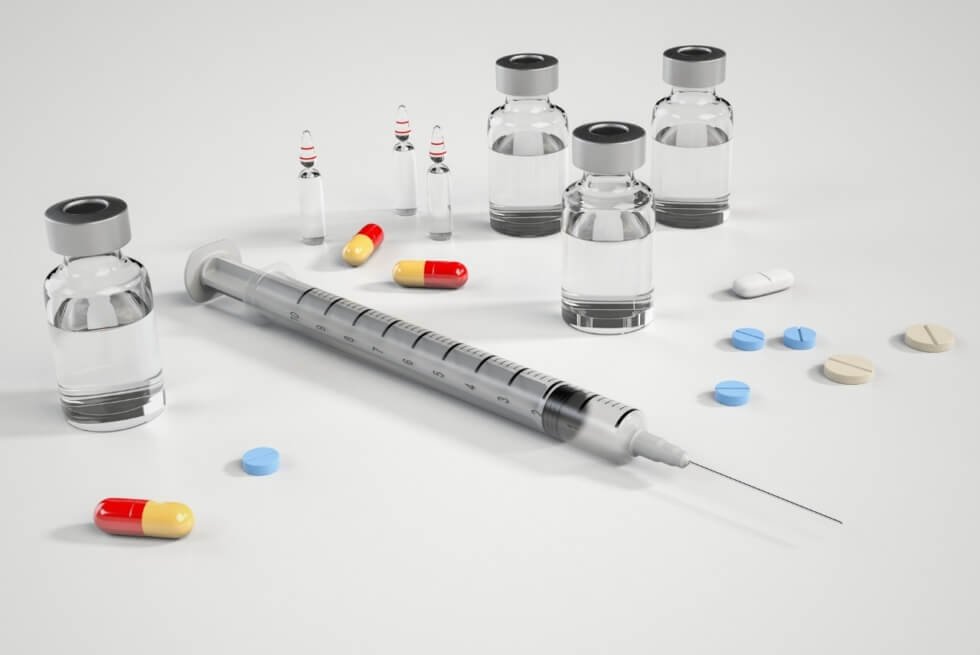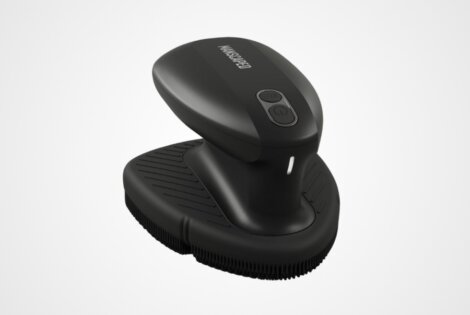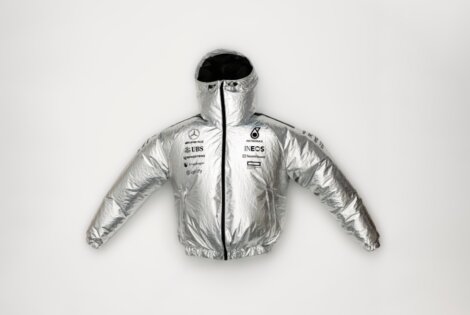In the ever-evolving world of medical research, there is growing interest in cannabidiol (CBD) to aid in addiction recovery. Derived from the cannabis plant, CBD is unique in its non-psychoactive properties, distinguishing it from the mind-altering THC component often associated with cannabis. Let’s explore the ways CBD from Secret Nature could benefit individuals recovering from drug addiction, backed by scientific insights and research.
Unraveling the Mysteries of CBD
CBD’s popularity is not just a passing trend; it has an exceptional way of interacting with the human body, making it stand out. Studies have shown that CBD can have various positive effects, including reducing inflammation and anxiety, improving sleep quality, and regulating appetite. Additionally, it possesses anti-cancer and antioxidant properties.
The Science Behind CBD
CBD affects the endocannabinoid system (ECS), leading to an interaction between the two. The body has a system that controls various functions, such as mood, pain, and stress responses. CBD may play a crucial role in helping recovering addicts overcome these challenges by affecting this system.
Distinguishing CBD From THC
It’s critical to understand that CBD and THC are different components of cannabis. Unlike THC, CBD doesn’t cause intoxication, making it a safe and non-addictive option. This makes it especially helpful for people recovering from drug addiction. CBD can help to reduce cravings and alleviate withdrawal symptoms. It’s also effective at reducing stress and anxiety, making it easier for individuals to stay on the path to recovery.
CBD In Addiction Recovery
Aiding Opioid Addiction Recovery
In the midst of the opioid crisis, CBD shows potential for reducing cravings and anxiety, two major triggers for relapse. This could have a significant impact on long-term recovery.
Addressing Dependencies Beyond Opioids
CBD has the potential for treating substance addictions, including cocaine and other psychostimulants. Early studies suggest broader applications in treating drug abuse.
Challenges and Concerns: Navigating the CBD Landscape
As with any emerging therapy, there are challenges and concerns regarding CBD integration into addiction recovery protocols. The current lack of regulation in the CBD market raises concerns about CBD products’ quality and purity. For recovering addicts, lab-tested, high-quality CBD products are essential to ensure safety and effectiveness.
The Future of CBD in Addiction Treatment
Integrating CBD With Established Therapies
CBD may supplement traditional addiction treatment methods. Combining CBD with treatments such as cognitive behavioral therapy, motivational interviewing, and relapse prevention could lead to better outcomes for patients. Using CBD in conjunction with existing treatment plans may also reduce cravings, anxiety, and other withdrawal symptoms associated with addiction. CBD should not be relied upon as the sole solution to addiction treatment but rather as part of a holistic approach.
Balancing Hope and Realism
CBD shows promise for addiction treatment by potentially reducing cravings and anxiety. However, more research is needed to understand its long-term effects and effectiveness. It’s wise to use caution when considering this emerging therapy and always consult with healthcare professionals. As CBD research progresses, it could become an integral part of addiction treatment strategies, offering new pathways to recovery.
CBD and Mental Health: An Integral Connection
For those recovering from addiction, it’s essential to know how CBD affects mental health, especially since many people with substance use disorders also struggle with mental health issues. CBD can be helpful in reducing anxiety, stress, and depression, as well as decreasing cravings, which can help maintain sobriety.
Depression and Anxiety
CBD has been shown in many studies to have properties that may relieve anxiety, which is a common condition in individuals with substance use disorders. Similarly, preliminary research suggests that CBD could have antidepressant-like effects. Since depression is another frequent comorbidity with addiction, CBD’s role in alleviating depressive symptoms could benefit comprehensive addiction treatment.
Navigating The CBD Market: Tips For Consumers
If you’re considering using CBD to help with your recovery, it can be overwhelming to navigate the market. To ensure you get high-quality products, ask questions, do your research, and get recommendations from trustworthy sources. Look for products that third parties have tested and come from reputable sources. Remember to take your time and find the right products for you.
Choosing the Right Product
Before purchasing CBD products, it’s worthwhile to do your research. Look for products that have been tested in a lab to ensure they’re safe, effective, and don’t contain harmful substances. Choose products tested by a third party and made with organic, non-genetically modified ingredients. It’s best to go for CBD oils that have been extracted using safe methods like supercritical CO2 extraction.
Consulting Healthcare Professionals
It is extremely imperative to consult with your doctor before beginning any new treatment, such as CBD. Your doctor can provide you with information about how CBD works and how it can be incorporated into your current treatment plan. Additionally, they can help you determine any potential side effects or drug interactions that may occur. Furthermore, your doctor can advise you on the appropriate dosage and form of CBD that best suits your needs.
The Road Ahead: CBD Research and Development
CBD-based treatments have the potential for addiction treatment, but more research and development are needed. Clinical trials are the key to confirming CBD treatments’ safety and effectiveness. It’s also crucial to understand how CBD interacts with other medications.
Current Research Efforts
Researchers are currently investigating how CBD can help with addiction by studying its mechanisms of action, optimal dosing, and long-term effects. CBD may reduce cravings and withdrawal symptoms and prevent relapse. Researchers are exploring its benefits in treating opioid, alcohol, and nicotine addictions.
The Importance Of Clinical Trials
A clinical trial is essential to verify CBD’s effectiveness in addiction recovery. Clinical trials can result in setting up standardized treatment protocols and guiding best practices for addiction sufferers. They ensure that these individuals receive access to the most effective treatments available. These trials also help to inform future research and development regarding CBD-based treatments’ effectiveness.
As we continue to explore the potential of CBD in drug addiction recovery, we witness a dynamic evolution in addiction treatment. With each breakthrough discovery, we better understand how CBD can effectively support individuals on their journey to recovery. By carefully considering evidence-based practices, we can envision a future where CBD becomes a fundamental component of addiction treatment, providing hope and healing to those in need.







